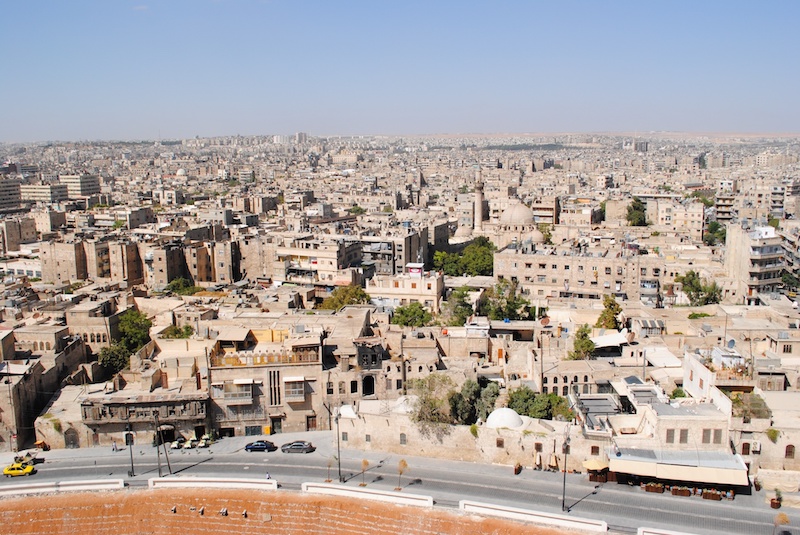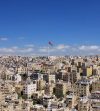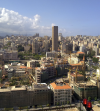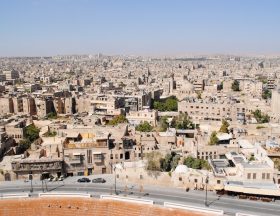Despite decisions to lift them, international sanctions continue to weigh on Syria.
The European Union lifted all sanctions affecting the country in February and May 2025, albeit reversibly; only individual sanctions against members of former President Bashar al-Assad's clan remain, as well as bans on military, dual-use, or "NRBC" (nuclear, radiological, biological, and chemical) goods.
The international counterterrorism sanctions regime, based on UN resolutions, remains in place. This concerns Al-Sharaa and Al-Khattab individually, as well as the Hayat Tahrir al-Sham (HTC) group collectively.
US sanctions have, for the most part, been lifted only temporarily or conditionally.
Sectoral sanctions were suspended by presidential decree on June 30, 2025, but the United States retains the legal authority to reimpose sanctions on the Syrian regime without going through Congress: legislative frameworks such as the International Emergency Economic Powers Act or the Caesar Syria Civilian Protection Act are therefore still in force.
The latter text, commonly referred to as the “Caesar Act,” was suspended on May 23, 2025, for a period of six months. Congress refused in September to permanently repeal it, and the Office of Foreign Assets Control (OFAC), part of the U.S. Treasury, renamed the regulations relating to Syrian sanctions the “Promoting Accountability for Assad and Regional Stabilization Sanctions Regulations.”
Ahmad al-Sharaa’s visit to New York for the UN General Assembly, the first for a Syrian leader since 1967, aimed to secure a definitive suspension of sanctions from the United States.
While the new president called for “the complete repeal of sanctions” in his September 24 speech, the high-level meetings he and his Foreign Minister, A. al-Shaibani, held failed to garner the necessary support, particularly from the United States, to ensure their removal.
The persistence of sanctions and the uncertainty surrounding their definitive lifting have a negative impact on the business climate in Syria and exacerbate the difficulties facing the state and the financial sector.
For the financial sector, the sanctions have limited access to international markets by blocking financial transactions and fund transfers. They have exacerbated the economic difficulties linked to the conflict, destruction, and the exodus of labor.
The resulting drop in GDP was brutal, estimated by the World Bank, which uses the Nighttime Light method, at a contraction of between 50% and 80% for the years 2010-2024. It could reach USD 20 billion in 2024-2025, after a low of USD 6-10 billion during the conflict.
The current situation of uncertainty is forcing international banks to continue their conformist attitude for fear of possible US penalties. In other words, the suspension of sanctions has not yet guaranteed Syrian businesses access to financing or modern financial technologies and associated services, which are vital to ensuring the dynamism of the private sector and the recovery of the Syrian economy.
For the Syrian government, the management of public debt, particularly external debt, remains central.
Syrian public debt is estimated at approximately USD 27 billion, or 135% of GDP, of which USD 22.3 billion is external (approximately 110% of GDP). The latter, USD 5 billion in 2011 before the conflict, is primarily due to commitments to Iran (USD 17 billion in arrears according to the World Bank) and Russia.
Due to the sanctions, both repayments and obtaining additional loans from traditional creditors were impossible. Their suspension did not allow the Syrian government to begin addressing its public debt; in this regard, as in the event of a new debt issuance, access to financial markets is crucial.
Source: French Embassy in Lebanon











Réagissez à cet article